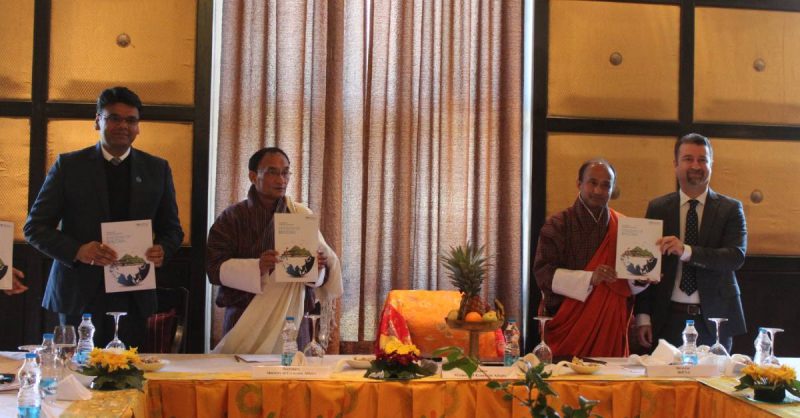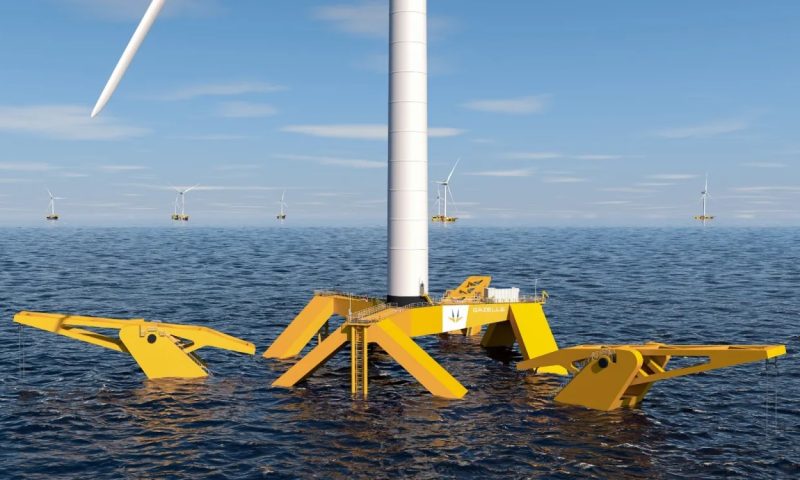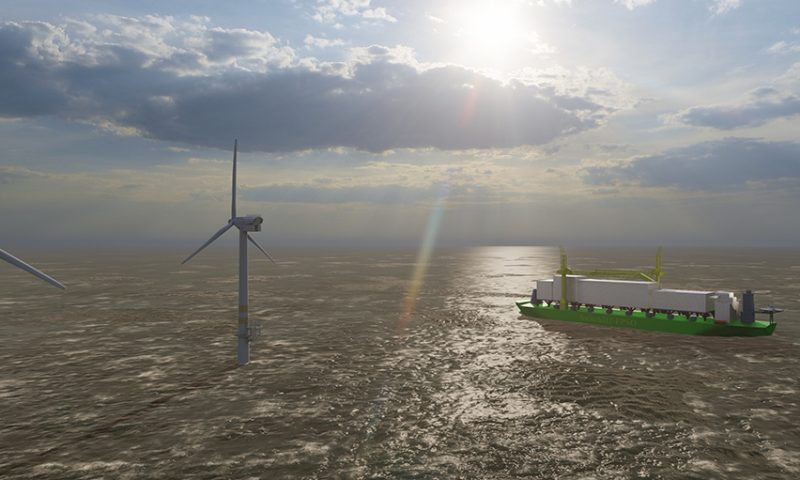
Renewables in the Kingdom of Bhutan
The Kingdom of Bhutan is the world’s only carbon negative country. Forests cover 70 per cent of its land which sequesters more carbon than the entire nation emits. There are no traffic lights, and the country is well known for identifying Gross National Happiness (GNH) as being more important than Gross National Product (GNH). Bhutan is in many ways among the most environmentally evolved nations on earth.
Central to its pursuit of happiness is the provision of sustainable and equitable socio-economic development – an aspiration that renewable sources of energy will play a strong role in achieving. A new Renewables Readiness Assessment: Kingdom of Bhutan report launched today by IRENA, suggests that through a series of regulatory measures, renewables can sit alongside existing hydro to deliver a number of benefits.
Among the benefits are the reduction of deforestation and of harmful indoor emissions caused by the use of fuel wood and kerosene for heating. The report also highlights that renewables can also help to enhance living conditions in the country by freeing up time and effort spent gathering fuelwood, which can be utilised for other productive or leisure activities. Women are likely to benefit the most given they are most affected by indoor emissions and the drudgery associated with gathering fuelwood.
“This Renewables Readiness Assessment brings Bhutan one step closer to achieving energy security through a diversified and sustainable supply mix.” said Bhutan’s Minister of Economic Affairs, Loknath Sharma
At the launch of the report in Thimphu, Bhutan’s Minister of Economic Affairs, Loknath Sharma, said: “Balancing the objectives of growth, well-being and conservation remains a key challenge for the country. As the economy grows and living standards improve, energy consumption will also rise, along with related environmental, resource and economic challenges. This Renewables Readiness Assessment brings Bhutan one step closer to achieving energy security through a diversified and sustainable supply mix.”
While the country’s energy mix today is dominated by hydropower, other renewable energy technologies such as solar, wind and bioenergy show promise. As Bhutan continues to strive towards a modern, secure and sustainable energy system, renewable energy can play a key role in this transition.
IRENA Director-General, Francesco La Camera, said: “Global leadership in environmental protection has helped the Kingdom of Bhutan achieve impressive economic growth rates that serve the well-being of citizens without compromising the country’s pristine Himalayan ecosystems.”
“As the country develops, the environmental, resource and climate concerns linked to energy consumption are set to become more complex,” he continued. “This Renewable Readiness Assessment proposes ten concrete actions through which the Royal Government of Bhutan could address ongoing energy challenges, foster a more diverse mix of renewables, and further improve people’s livelihoods.”

Renewable energy technologies can help strengthen Bhutan’s grid supply while reducing dependence on fuel wood and kerosene for cooking and heating. In doing so, they can complement hydropower, which has been central to providing electricity access in rural areas of Bhutan.
The expansion of renewables can also contribute to the development of a more diversified electricity generation portfolio, which is resilient to changes in seasonal weather patterns and weather extremes that can adversely affect supply. Rainfall in Bhutan tends to decline in the winter months, which – coupled with reduced melting – results in reduced river flow and hydroelectricity generation.
The report outlines a number of action areas designed to support the promotion of renewable technologies. Four key aspects include:
- The need to strengthen existing policy and regulatory framework
- Livelihood enhancement through Renewable Energy Deployment
- End-use sector interventions; and
- Capacity building, skills enhancement and awareness programs
The expansion of renewables can also contribute to the development of a more diversified electricity generation portfolio, which is resilient to changes in seasonal weather patterns and weather extremes that can adversely affect supply. Climate change brings increasingly unpredictable weather patterns. Declining rainfall in winter months together with reduced melting, can adversely impact river flow hydroelectricity generation.













